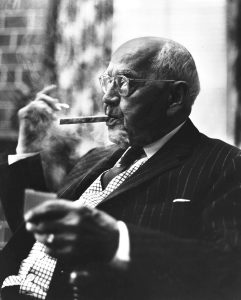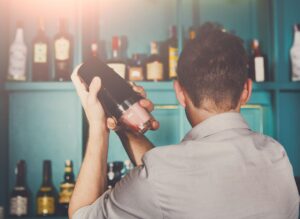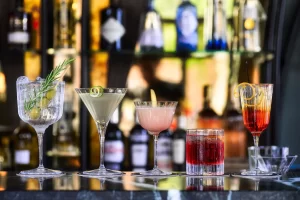When it comes to bourbon whiskey, aging is more than just a number. It’s an essential part of the production process that gives bourbon its unique flavor and character. But can bourbon whiskey deteriorate over time? Let’s find out.
Table Of Content For Bourbon whiskey deteriorate over time
1. Introduction to Bourbon Whiskey Aging Process
1.1 What is Bourbon Whiskey?
1.2 The Importance of Aging in Bourbon Whiskey
2. Factors That Can Affect the Quality of Bourbon Over Time
2.1 Ingredient Quality and Mash Bill Composition
2.2 Barrel Selection and Maturation Techniques
2.3 Environmental Factors and Geographical Location
3. Understanding the Impact of Storage Conditions on Bourbon Deterioration
3.1 Optimal Temperature and Humidity Levels for Aging Bourbon
3.2 Light Exposure and Its Effect on Bourbon Quality
3.3 Oxygen and Its Role in Bourbon Aging
4. Signs of Bourbon Deterioration and How to Identify Them
4.1 Off-Flavors and Aromas in Deteriorated Bourbon
4.2 Changes in Color and Clarity as Indicators of Deterioration
5. Preventive measures to protect bourbon from deteriorating
5.1 Proper storage techniques and equipment
5.2 Rotation and handling to prevent stagnant bourbon
5.3 Importance of sealing and cork maintenance
6. Exploring the potential benefits of aged bourbon
6.1 Flavor profile development through aging
6.2 Increasing value and desirability of aged bourbon
7. Debunking common misconceptions about bourbon deterioration
7.1 Does bourbon improve indefinitely with age?
7.2 Separating fact from fiction: debunking bourbon expiration dates
8. Conclusion: Proper storage and care for preserving the quality of bourbon whiskey
FAQ
It is widely acknowledged that Bourbon whiskey deteriorate over time in quality as it matures, succumbing to the inevitable effects of time and natural deterioration.

1. Introduction to Bourbon Whiskey Aging Process
Similar to any other alcoholic beverage, bourbon whiskey deteriorate over time if it is not stored and cared for properly. In this article, we will explore the various factors that influence the aging process of bourbon, the impact of storage conditions on the degradation of whiskey, and the preventive measures that can be taken to safeguard the quality of bourbon. Additionally, we will shed light on the potential advantages of aged bourbon and dispel common misconceptions surrounding this intricate process. Whether you are a connoisseur of exceptional bourbon or simply a whiskey enthusiast, acquiring knowledge on how to preserve the quality of your whiskey will undoubtedly enhance your drinking experience.
1.1 What is Bourbon Whiskey?
Let’s first define what bourbon whiskey is in reality. American whiskeys like bourbon are subject to strict legal regulations. It must be produced from a grain blend that has at least 51% maize, be matured in brand-new charred oak barrels, have its alcohol content distilled to no more than 160 proof (80% by volume), and then be bottled at no less than 80 proof (40% by volume). The aging process is crucial in creating the tastes and complexity that make bourbon so distinctive.
1.2 The Importance of Aging in Bourbon Whiskey
In the creation of bourbon whiskey, aging is where the magic happens. A change occurs to bourbon while it ages in wood barrels. Bourbon-specific aromas, hues, and textures are produced as a result of the contact between the liquid and the wood. This method (Bourbon whiskey deteriorate over time) enables the whiskey to age well, take on notes of caramel and vanilla, and smooth out over time.
2. Factors That Can Affect the Quality of Bourbon Over Time
While bourbon needs time to age, a number of factors can impact how good it gets as it gets older. Let’s investigate these elements.
2.1 Ingredient Quality and Mash Bill Composition
The final product’s quality can be greatly influenced by the mash bill’s composition and the type of grains employed. A better-tasting bourbon can be produced using premium components including carefully chosen corn, barley, and rye. The blend of grains used to make whiskey, or the “mash bill,” can also have an impact on the bourbon’s flavors and general quality.
2.2 Barrel Selection and Maturation Techniques
The choice of barrels and the maturation methods used by distillers are key factors in the aging process of bourbon. The degree of char in a barrel influences how the flavors mature and interact with the whiskey, so distilleries frequently choose barrels with varying levels of char. The amount of time the bourbon spends in the barrel as well as any other methods used by the distillers can also have an effect on its quality.
2.3 Environmental Factors and Geographical Location
The environment that bourbon ages in has an impact on its flavor character as well. Temperature, humidity, and the location of the old warehouse are just a few variables that may be involved. Extreme temperature swings can cause the bourbon inside the barrel to expand and shrink, allowing it to engage with the wood more. Due to the various temperatures and conditions found in various places, the geographic location might add distinctive traits.
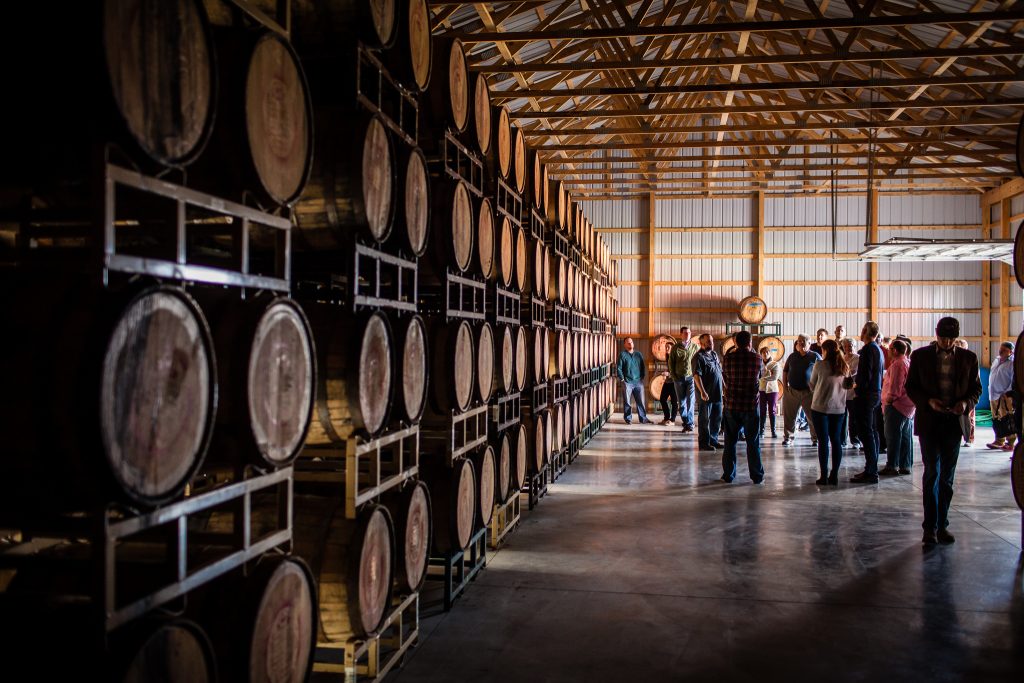

3. Understanding the Impact of Storage Conditions on Bourbon Deterioration
Let’s now examine how bourbon’s degeneration over time can be affected by storage circumstances.
3.1 Optimal Temperature and Humidity Levels for Aging Bourbon
In a properly managed atmosphere with carefully regulated humidity and temperature, bourbon whiskey thrives. Extreme temperature fluctuations, high humidity, or overly dry circumstances can speed up the aging process and perhaps cause over-oaked flavors or other quality problems. Bourbon ages elegantly in environments with consistent, moderate temperature and the right amount of humidity.
3.2 Light Exposure and Its Effect on Bourbon Quality
While bourbon barrels are often kept in warehouses, it’s crucial to remember that too much light exposure might harm the whiskey’s flavor. In the bourbon, ultraviolet (UV) light can trigger chemical reactions that result in bad flavors and a decline in the product’s quality. To reduce light exposure, barrels are often stored in darker settings.
3.3 Oxygen and Its Role in Bourbon Aging
When bourbon is aged, oxygen is a crucial component. A tiny quantity of air passes through the wood of the barrels where whiskey is kept, allowing the flavors to develop and mature. But excessive oxygen exposure might cause oxidation, which might reduce the bourbon’s quality. The key to preserving the desired flavors is using barrels that are well sealed and avoiding excessive air contact.
4. Signs of Bourbon whiskey deteriorate over time and How to Identify Them
It’s critical to be able to spot the indicators of bourbon degradation because this might happen over time.
4.1 Off-Flavors and Aromas in Deteriorated Bourbon
The development of bad flavors and fragrances is one of the first signs that bourbon has degraded. Your bourbon may have deteriorated if it tastes sour, musty, or too bitter. These flavors could be a sign of chemical reactions or decomposition brought on by incorrect storage or prolonged aging.
4.2 Changes in Color and Clarity as Indicators of Deterioration
Changes in color and clarity are additional indicators of bourbon degradation. Due to the interplay between the bourbon and the oak barrels, the color of bourbon usually darkens over time. The bourbon may have undergone adverse chemical reactions or been subjected to unfavorable storage circumstances if you observe a considerable change in color or cloudiness, though.
5. Preventive measures to protect bourbon from deteriorating
A little TLC can go a long way in maintaining the quality of bourbon whiskey. Here are some precautions you may take to make sure your preferred alcoholic beverage remains in excellent condition:
5.1 Proper storage techniques and equipment
First and foremost, be sure to keep your bourbon in a dark, cool location. This priceless liquid can be harmed by heat and sunlight. Its flavor and scent will be preserved if stored in a temperature-controlled space, like a basement or a cool room in your house.
Purchasing a high-quality bourbon decanter might also be a smart decision. It not only elevates the appearance of your bar setting but also helps shield the whiskey from too much air exposure.
5.2 Rotation and handling to prevent stagnant bourbon
Similar to how you wouldn’t want to sit in the same place for an extended period of time, bourbon whiskey also benefits from some movement. You can avoid stagnation and guarantee an even aging process by gently turning your bottles every few months. Additionally, it gives you a justification to view your collection from all directions!
5.3 Importance of sealing and cork maintenance
To stop extraneous air from getting into your bourbon, a tight seal is essential. Make sure the bottle’s seal—cork or screw cap—is intact and securely sealed by inspecting its state. It’s time to replace it if you see any wear or damage. A bad seal might cause oxidation, which will change the flavor of your priceless liquor.
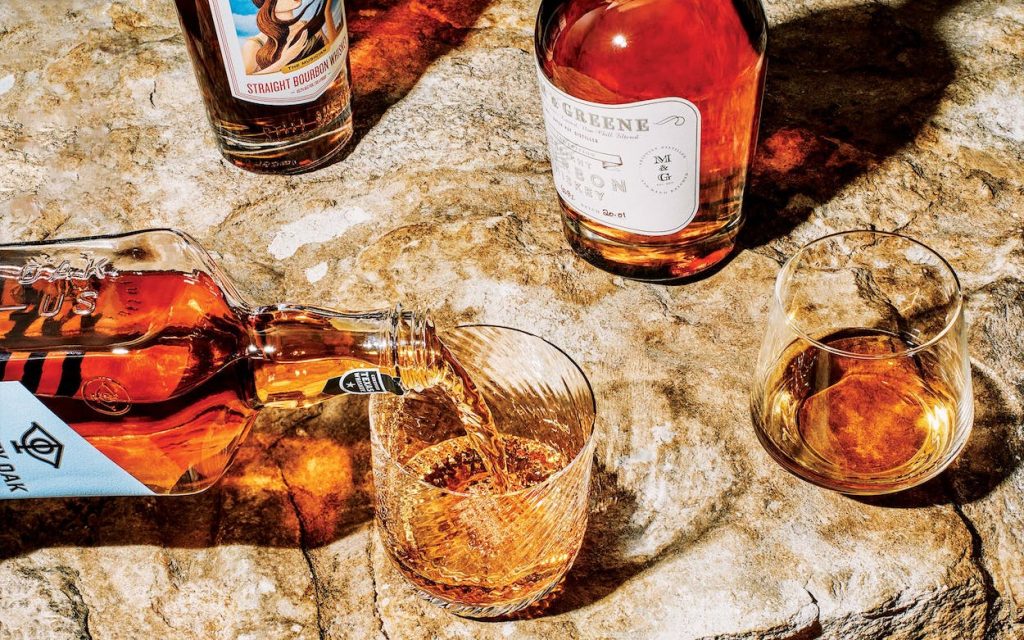
6. Exploring the potential benefits of aged bourbon
While we’ve been concentrating on conserving bourbon whiskey, aging also has potential advantages that are worth noting. Here are a few factors that make aged bourbon so popular:
6.1 Flavor profile development through aging
Bourbon whiskey has the chance to interact with the wood and draw out a variety of flavors and scents while it ages in oak barrels. A more refined and rich flavor profile with hints of vanilla, caramel, and spices results from this process. So aged bourbon can be the perfect whiskey for you if you want rich, complex flavors.
6.2 Increasing value and desirability of aged bourbon
Bourbon’s worth and popularity among collectors and enthusiasts are increased by aging in addition to its flavor. Whiskey lovers prize rare and well-aged bottles as desirable investments since they frequently fetch high prices at auctions. So, if you’re prepared to be patient and allow time do its thing, you can find yourself with a bottle that is more valuable than gold.
7. Debunking common misconceptions about bourbon deterioration
There are many untruths and misconceptions about how bourbon ages. Let’s clear up any misconceptions about a few crucial issues:
7.1 Does bourbon improve indefinitely with age?
Contrary to popular perception, bourbon doesn’t get better with age eternally. Up until a certain point, age can improve something’s flavor and character, but eventually, it reaches its peak and starts to deteriorate. The secret is locating the sweet spot where the bourbon reaches the required complexity and balance of flavors. white and green monstera
7.2 Separating fact from fiction: debunking bourbon expiration dates
Bourbon whiskey does not have an expiration date, in contrast to that carton of milk in your refrigerator. Your bourbon can last for years to come as long as you keep it carefully and avoid too much air exposure. Therefore, put less emphasis on finding an exact date stamp and more effort on giving your bourbon the respect and care it requires.
8. Conclusion: Proper storage and care for preserving the quality of bourbon whiskey
In conclusion, bourbon whiskey needs to be protected from common pitfalls in order to maintain its quality. In order to prevent degradation, it is important to use proper storage methods, such as rotating bottles and keeping a tight seal.
While maturing bourbon has indisputable advantages, it’s vital to keep in mind that age is not the only factor in determining quality. To really appreciate a bourbon’s characteristics, you must find the ideal balance of maturing and understanding when it has reached its pinnacle.
So be careful with your bourbon, dispel those myths, and raise a glass to the enduring delight of this well-loved beverage. Cheers!
Frequently Ask Question
Technically speaking, bourbon whiskey never "goes bad" in the sense of becoming unsafe to consume. However, it could deteriorate with time, losing flavor and quality. In order to stop this degeneration, proper storage and maintenance are essential.
Since bourbon whiskey can last forever, it has no set expiration date. However, if improperly stored or after being opened for a long time, the quality and flavor may start to deteriorate. For best flavor, it is often advised to finish opened bottles within 1-2 years.
Bourbon, unlike wine, does not always get better with age. While complexity and some flavor attributes can be enhanced by aging, there is a point at which the benefits stop increasing. Some bourbons may attain their peak flavor profile after a particular number of years in the barrel. The ideal maturing duration for bourbon varies.


